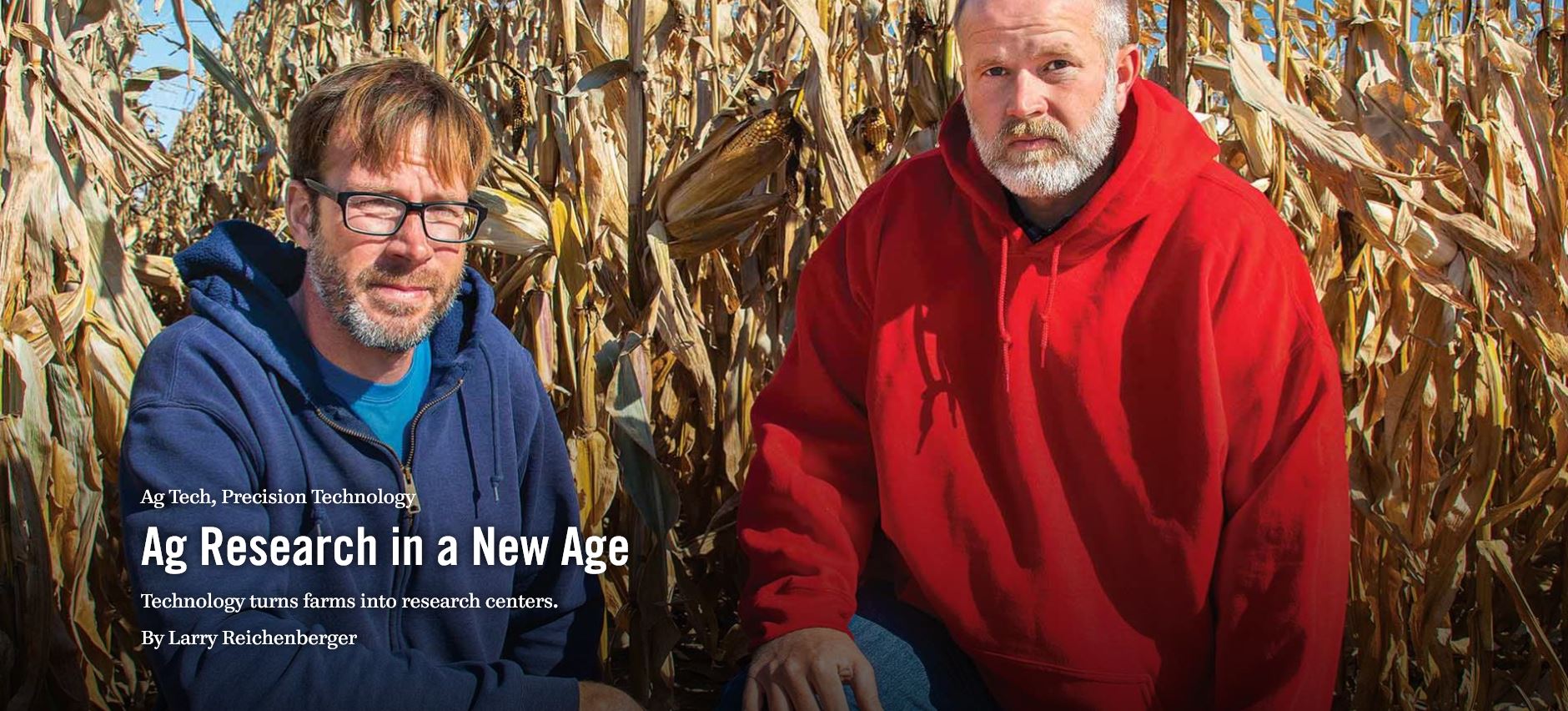Talon Becker is a University of Illinois Extension Commercial Agriculture Educator working with the Data-Intensive Farm Management (DIFM) project to help farmers conduct their own on-farm trials throughout Illinois.
What seeding rate and/or fertilizer rate will result in the best possible yield for my field? This is one of the many questions that farmers ask themselves every year and that researchers and agronomists have been trying to answer for decades.
Numerous environmental and genetic hybrid or variety factors, either on their own or through interaction with each other, influence the actual optimum seeding and fertilizer rates for a given field or section of a field.
This is not a new concept. The influence of genetic and environmental variation and the interaction of these two major factors, often denoted as “GxE,” have been recognized since the early days of modern agronomic research.
Until recently, the best tools at the disposal of agronomists and agricultural researchers for estimating and accounting for the influence of these sources of variation in the estimation of optimal levels of a given agronomic input, such as seeding rate, have been multi-site and multi-year replicated trials.
Read the full article by Talon Becker, published on AgriNews: https://www.agrinews-pubs.com/2020/03/17/helping-farmers-conduct-their-own-on-farm-trials/asoec60/


